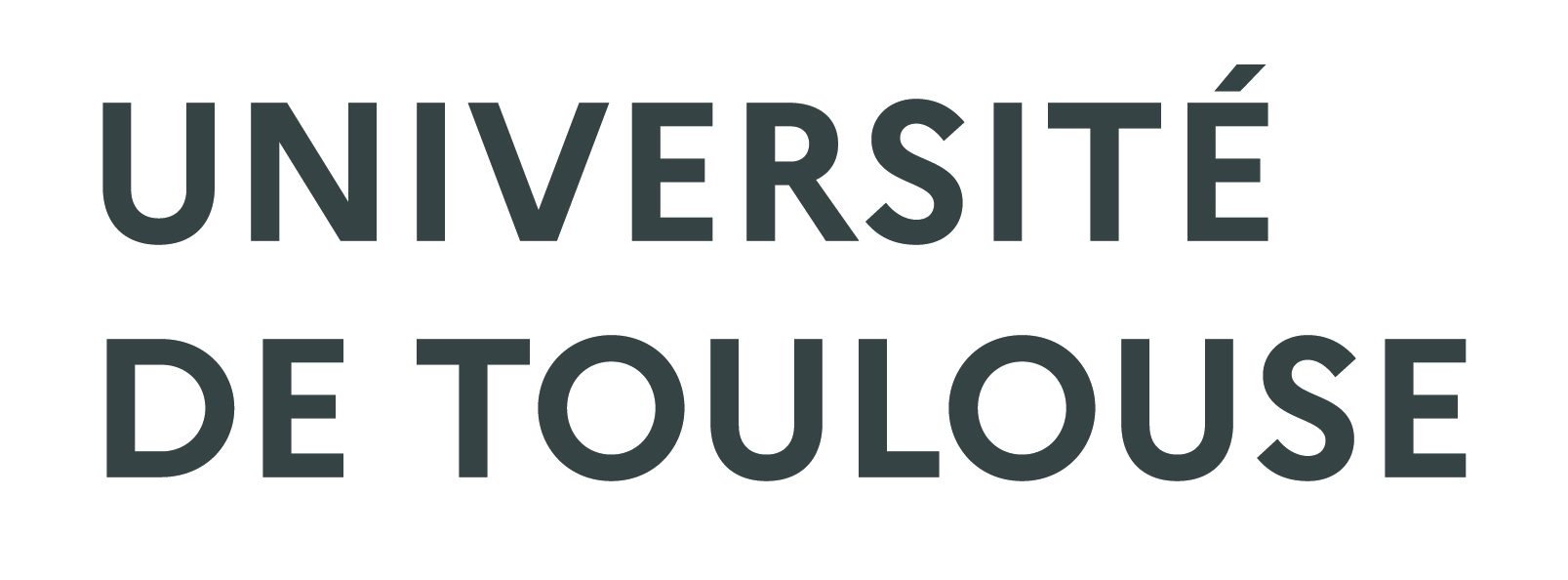Improving large-scale snow albedo modeling using a climatology of light-absorbing particle deposition
Résumé
Abstract. Light-absorbing particles (LAPs) deposited at the snow surface significantly reduce its albedo and strongly affect the snowmelt dynamics. The explicit simulation of these effects with advanced snow radiative transfer models is generally associated with a large computational cost. Consequently, many albedo schemes used in snowpack models still rely on empirical parameterizations that do not account for the spatial variability in LAP deposition. In this study, a new strategy of intermediate complexity that includes the effects of spatially variable LAP deposition on snow albedo is tested with the snowpack model Crocus. It relies on an optimization of the snow-darkening coefficient that controls the evolution of snow albedo in the visible range. Optimized values for multi-year snow albedo simulations with Crocus were generated at 10 reference experimental sites spanning a large variety of climates across the world. A regression was then established between these optimal values and the climatological deposition of LAP on snow at the location of the experimental sites extracted from a global climatology developed in this study. This regression was finally combined with the global climatology to obtain an LAP-informed and spatially variable darkening coefficient for the Crocus albedo parameterization. The revised coefficient improved snow albedo simulations at the 10 experimental sites (average reduction in root-mean-square error (RMSE) of 10 %), with the largest improvements found for the sites in the Arctic (RMSE reduced by 25 %). The uncertainties in the values of the snow-darkening coefficient resulting from the inter-annual variability in LAP deposition on snow were computed. This methodology can be applied to other land surface models using the global climatology of LAP deposition on snow developed for this study.
Domaines
Sciences de l'environnement| Origine | Fichiers éditeurs autorisés sur une archive ouverte |
|---|


